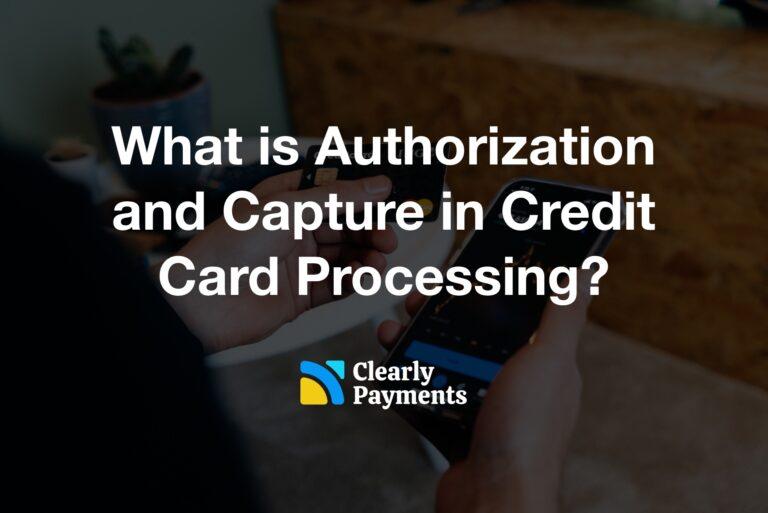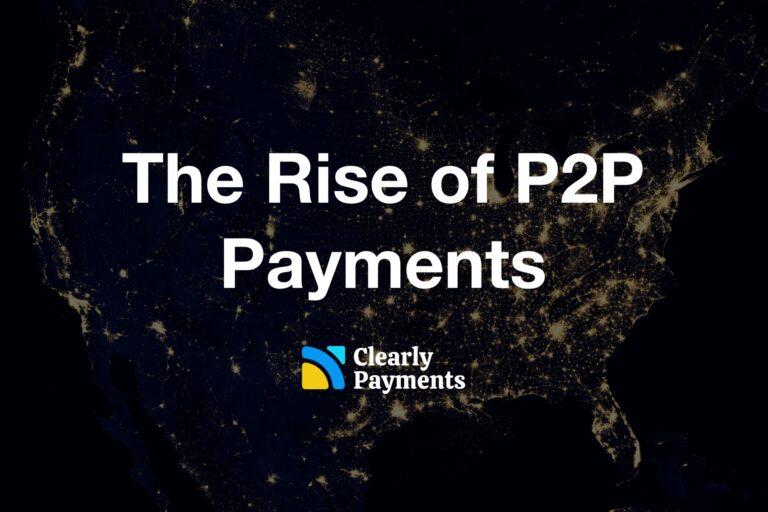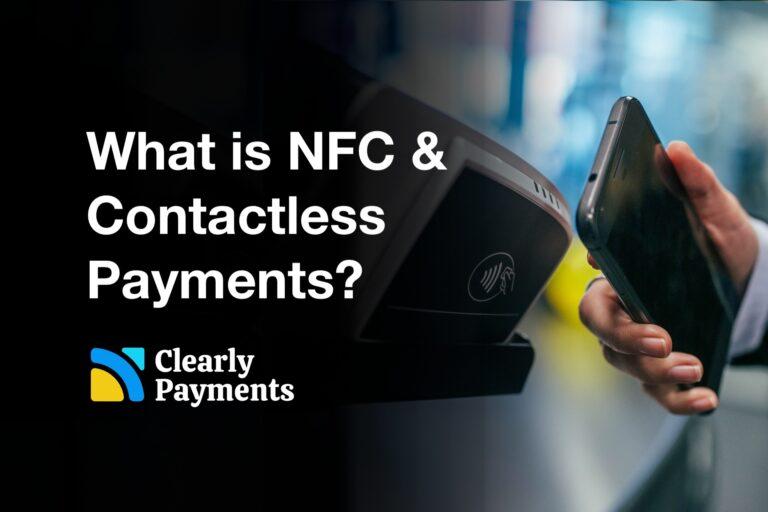Payment aggregators (aka third-party processors) are service providers that allow other businesses to accept credit cards without having to set up a merchant account. They make money by taking a percentage of credit card sales and also a transaction charge.
Payment aggregators are a business on their own. They need to get approved for a merchant account to support their business to split up that merchant account to many businesses. It takes a deeper underwriting process, but they are supported and TRC-Parus does offer merchant accounts for payment aggregators.
Payment aggregators can provide some great services and you can investigate further on the differences between a merchant account and an aggregated account.
Payment aggregators have become an increasingly popular payment solution for businesses of all sizes. They offer a wide range of benefits, including the ability to accept credit cards without the need for a merchant account, as well as the ability to quickly and easily set up payment processing capabilities. Merchants who have an aggregator account share a merchant account with hundreds of other businesses.
One of the main advantages of payment aggregators is that they provide a simplified payment processing experience for businesses. Rather than having to set up and maintain their own merchant account, businesses can simply use an aggregator to handle all of their payment processing needs. This can be particularly helpful for smaller businesses that may not have the resources to manage their own merchant account.
Another advantage of payment aggregators is that they typically offer a more streamlined payment experience for customers. Many payment aggregators offer mobile payment options and other payment technologies that make it easier for customers to make purchases on the go. This can be particularly important for businesses that operate in a mobile or online environment.
It’s worth noting that payment aggregators are not without their drawbacks. One of the main disadvantages of using a payment aggregator is that they typically charge higher fees than traditional merchant accounts. This is because payment aggregators are taking on the risk associated with processing payments for multiple businesses, rather than just one.
Another potential issue with payment aggregators is that they may not offer the same level of customer support as traditional merchant account providers. This can be a concern for businesses that rely heavily on payment processing to generate revenue.
Despite these drawbacks, payment aggregators continue to be a popular payment solution for businesses of all sizes. If you’re considering using a payment aggregator for your business, it’s important to do your research and carefully evaluate the features, services, and pricing of different providers. By doing so, you can find a payment aggregator that meets your needs and helps your business grow and thrive.




